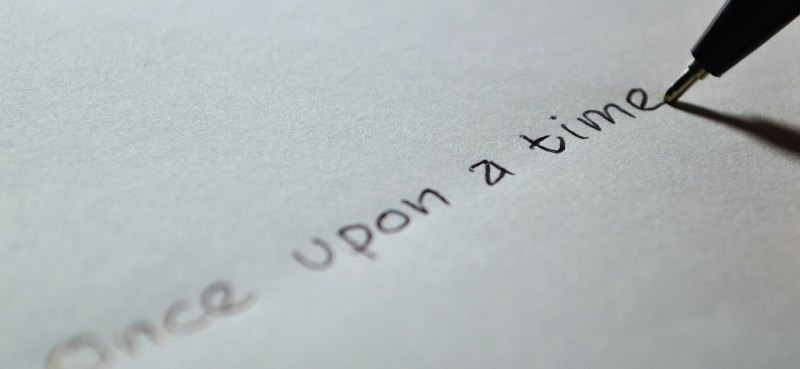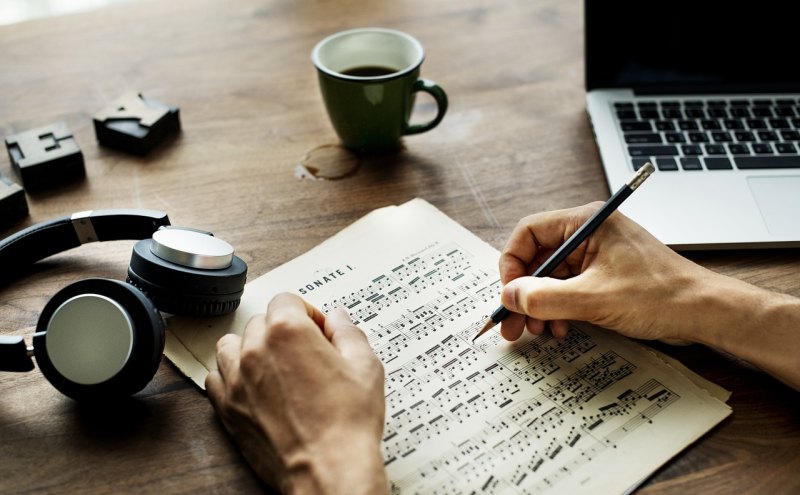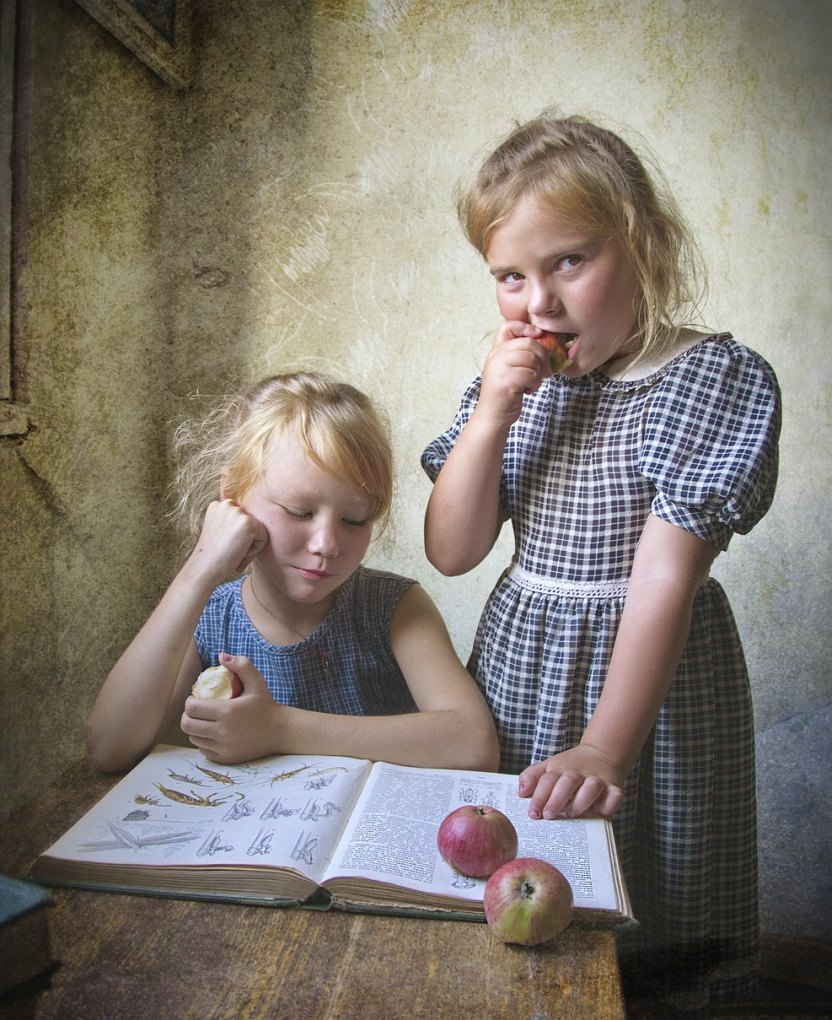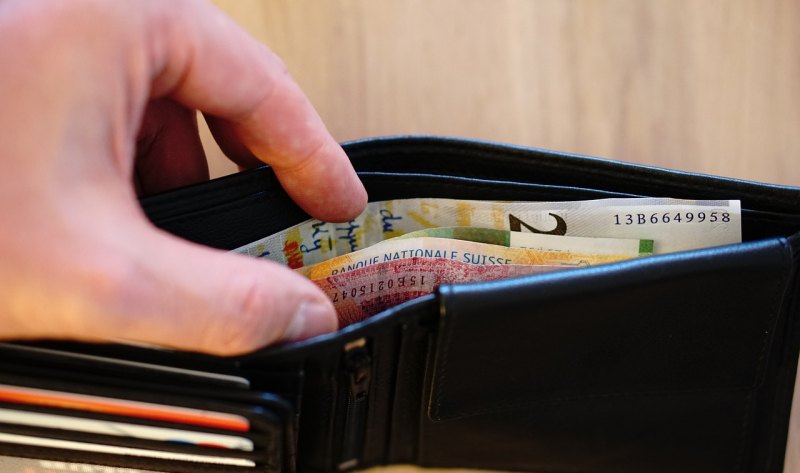你的邻居有没有向你提过让你很为难的要求
一天晚上,邻居敲开了我家的门,向我提出了一个要求。
邻居说:“我把我们家的门钥匙放一把在你们家,万一我的钥匙要是丢了,我就来你们家拿”。
邻居的意思我也明白,她是怕她的钥匙万一丢了进不了家门,放一把在我家作为备用钥匙,以防万一。
说实话,这个想法还是不错的,谁也保不准哪天钥匙会弄丢,这也是一个万全之策。
我这个人不坏,也算是善良之人吧。可是,这个复杂的社会不得不让我变得越来越复杂。
我当时心里就犯嘀咕,这是不是一个计?万一哪天邻居说她家东西丢了怎么办?能进他家门的只有我们家人,因为钥匙在我们家呀!虽然都是邻居,但是人心不估呀!
还有,万一哪天小偷把他家的门撬了,铜匙放在我们家,我们是不是也说不清呀?万一怀疑是我们偷的怎么办?
总之,我感觉会给我们家带来麻烦,我心里不放心,当时就拒绝了她。可是,孩子们说:“放就放吧,没关系的,别想那么多,帮个忙嘛”。
就这样,钥匙一直在我们家放着,我想象中的事也一直没有发生,生活一直安然静好。
朋友们说,邻居的要求是不是过分呢?我是不是多心了?难道是我不好?
介绍年货的英语短文
Introducing Chinese New Year Goods
As Chinese New Year approaches, the air fills with the hustle and bustle of preparing for the festival. At the heart of these preparations are the various goods that symbolize prosperity, health, and happiness. Red envelopes, filled with money, symbolize good fortune. Couplets, written on red paper, bring good luck and ward off evil spirits. Edible goods like oranges, apples, and mandarin fish also play a significant role, as their names sound like words for good luck and abundance in Chinese. These goods, along with the joy and hope they bring, are essential to making Chinese New Year a time of celebration and renewal.
关于年货历史的英语作文
When spring Festival comes, people usually buy all kinds of fruit And the food the mother usually buys all kinds of beautiful clothes for their kids .
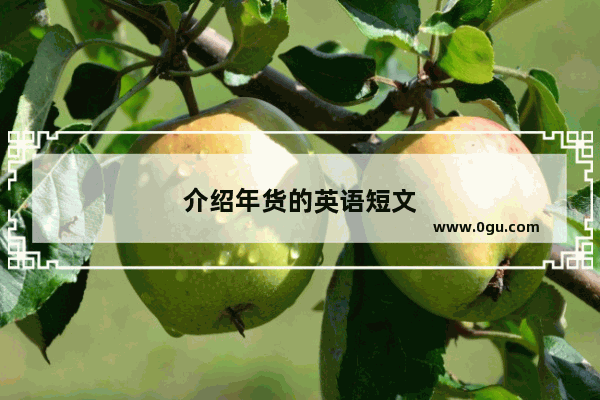



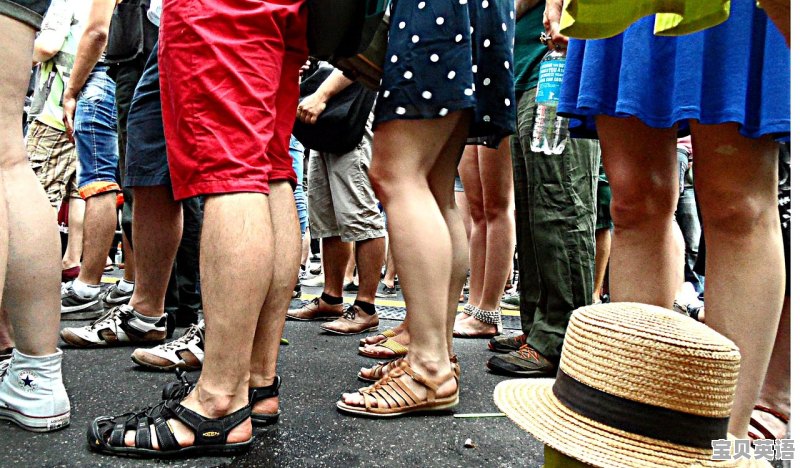
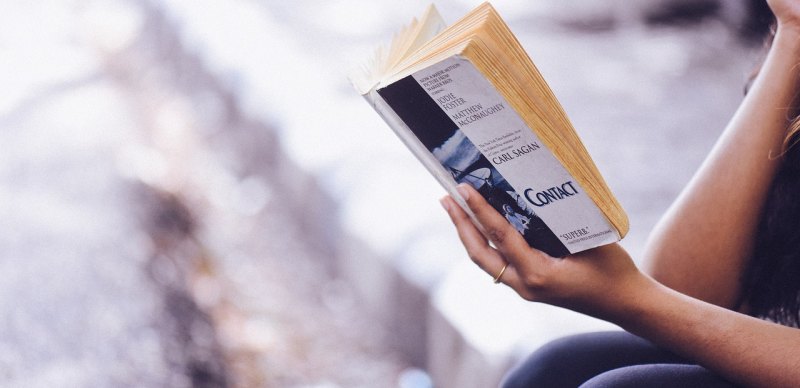
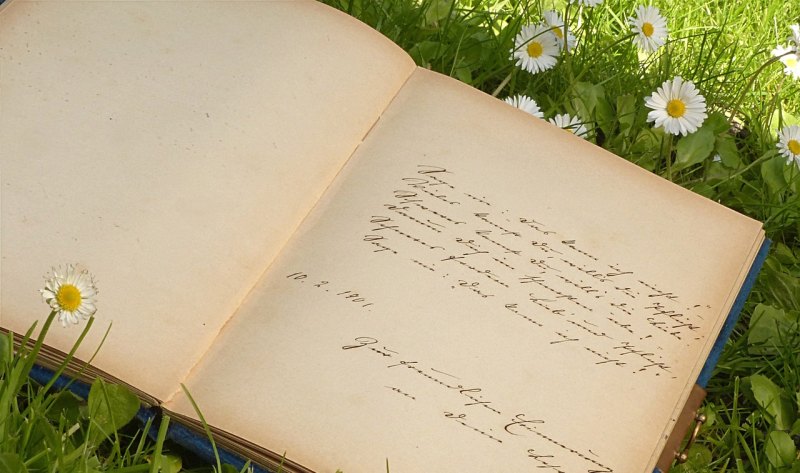

![[哥和表哥]的英文单词 兄弟用英语怎么说](https://www.0gu.com/uploadfile/2023/1123/20231123180806508.jpg)
